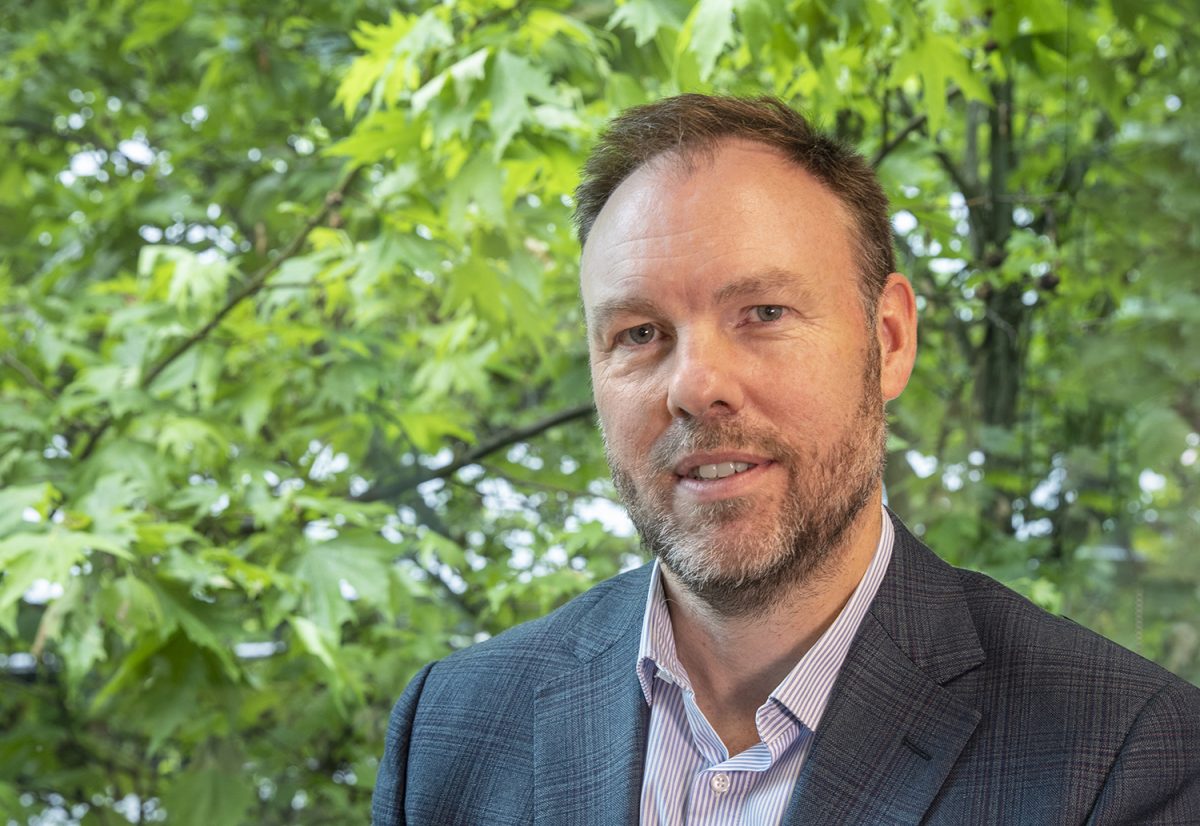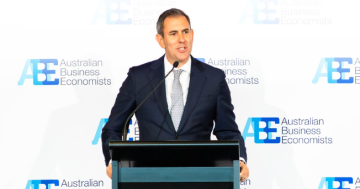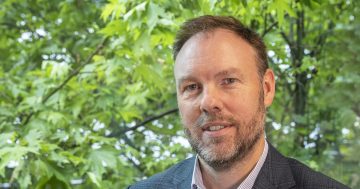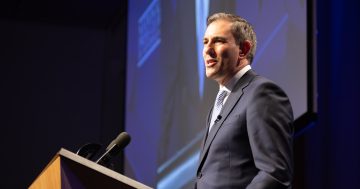
Change agent: New Chair of the Productivity Commission Chris Barrett. Photo: Homes Victoria.
The appointment of Chris Barrett to head the Productivity Commission is another sign that the Albanese Government isn’t prepared to settle for one particular economic view when framing policy.
The review of the Reserve Bank announced by Treasurer Jim Chalmers was a clear signal that the government wanted to see a broader, less orthodox approach to the nation’s economic issues.
Announcing Mr Barrett’s appointment, Mr Chalmers said he wanted to “revitalise and renew and refocus” the Commission while ensuring its independence, clearly indicating that previous thinking would not solve Australia’s productivity problem.
“We’ve made it clear we think the productivity opportunity for Australia is not to make people work longer for less but to invest in human capital, it’s to invest in the energy transformation, to get much better at adapting and adopting tech as it evolves,” he said.
“I want to make sure the Productivity Commission is providing the kind of insights and perspectives about a more modern economy that a government can pick up and run with.”
Some have suggested the new appointment is a kind of ideological changing of the guard, Mr Barrett being a former chief of staff to former Labor treasurer Wayne Swan, and outgoing Commission Chair Michael Brennan being appointed by the Coalition and having worked for senior Liberals.
There is no doubt that the Commission has a reputation being the redoubt of dry conservative economists, the kind who have dominated the scene for decades now, and whose responses to issues lacked a human dimension.
But that was changing under Mr Brennan, who told Region early last year that the Commission may have had too narrow an economic focus in the past and been predictable in its outcomes.
He said the increasing variety of its work had also helped broaden its outlook, starting with the inquiry into problem gambling, which introduced a psychological element, followed by veterans policy, access to justice, the NDIS and mental health.
“In each of those areas, it would be very difficult for anyone to predict what the Commission would be likely to say at the point of the terms of reference because we don’t know ourselves,” he said. “We go on that journey where we learn more about that sector and try to say something sensible.”

Under outgoing Chair Michael Brennan, the Commission was already broadening its scope. Photo: Productivity Commission.
He also said the GFC had been a wake-up call for economists not to presume that markets will always behave exactly as economic models say they will, and about the importance of not being locked into a way of thinking.
That experience held Australia in good stead when the pandemic forced an upending of economic policy to preserve livelihoods, skills and the economy through the disruptions of lockdowns and restrictions.
Not that he abandoned his beliefs about fiscal orthodoxy.
So Mr Barrett will come into somewhat prepared ground where he should be able to effect the kind of change that Mr Chalmers is looking for.
But the Commission should also be looking to recruit a more diverse range of economists to its ranks to provide a more vigorous contest of ideas and a wholistic view of complex human issues.
It should dispel the persistent notion that it is a place for only one kind of economic thinking.
If there is one thing that decades of neoliberal or market-based economics have shown it is that its narrow perspective of the way human beings operate is not capable of solving some of our most intractable problems, and in the case of environmental issues, actually can make matters worse.
Simply doing what we have done in the past won’t cut it and Mr Chalmers is right to demand and encourage new ideas be put on the table.
Mr Barrett will now be involved in the review of the Commission that is underway.
Clearly, the government is putting its stamp on the public service, which under successive Coalition governments had lost its way.
It does not want the public service to merely implement government policy but also be the engine room of ideas from the brightest and best.
After an era overshadowed by sports rorts, car park rorts and Robodebt, this is literally refreshing.





















